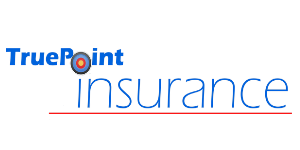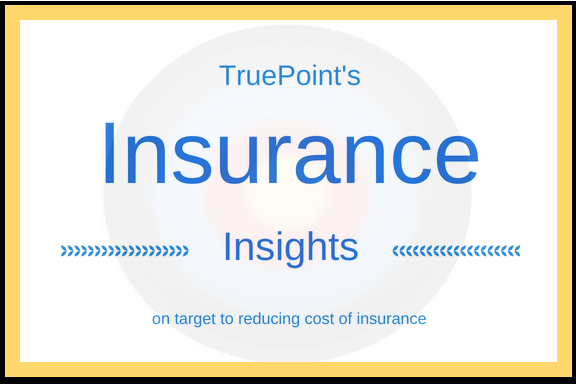Most of us buy insurance. We buy insurance for our homes, autos and even our lives. But have you ever consider what would happen if you tried to buy insurance on the building owned by the company you worked for? Any answer other than no will raise red flags.
First off, you most likely can’t buy insurance on the building. You don’t own it. Yes there are instances where you can buy insurance on a building you don’t own. The most common being property you rent where the lease specifically cause for you, the tenant, to provide property coverage.
Second, why do you want coverage for the building? Are you concerned that it will burn or blow down? What will you do with the proceeds? You’re not reasonable for paying off the mortgage.
Before you can buy insurance you should be required to prove that you have an insurable interest. Otherwise the policy will not be valid.
Insurance is based in part, on the Principle of Indemnity, a theory that the insured should be may whole. The principle of indemnity has two requirements:
- The insurance company must make the insure whole or restore the lost financial value
- The insured, as a result of a loss, cannot be rewarded or generate a profit
If not for bullet two above, abusive practices would occur that would drive up the cost of insurance. Along these same lines the insurable interest requirement comes into play. If an insured had no interest they would also have no financial exposure or loss. Any insurance payments received would create a windfall for the insured. That would then be in direct conflict to the above. This would ultimately encourage unethical behaviors. The end result would be an increase in the cost of insurance for all.
Understanding what is an Insurable Interest
Can you insure a car that is not title to you? In most cases the answer would be no.  But there are times when you can. If you lease a car, the title of the car is not in your name. Even though you don’t own it you can insure it. Your lease agreement places the loss of value (other than normal wear and tear) on your shoulders. The agreement most likely goes a step further, by requiring you to maintain insurance for the term of the lease.  Bottom-line here is that you to have exposure to a financial loss in the event the vehicle is damaged. Thus giving you, the lessee, an insurable interest in the vehicle.
title of the car is not in your name. Even though you don’t own it you can insure it. Your lease agreement places the loss of value (other than normal wear and tear) on your shoulders. The agreement most likely goes a step further, by requiring you to maintain insurance for the term of the lease.  Bottom-line here is that you to have exposure to a financial loss in the event the vehicle is damaged. Thus giving you, the lessee, an insurable interest in the vehicle.
As you can see, property ownership is not a required to have an insurable interest. Consider Liability Insurance or Workers Compensation Insurance. Both forms of insurance protect from exposures where there is no property. In both cases an insurable interest exists that are not tied to property of the insured. However, both coverages are in place so that the insured can take ownership of their actions. When actions of an insured lead to loss or damage to others they trigger a financial exposure. This in turn creates an insurable interest.

 Contact
Contact
 Email an Agent
Email an Agent

 Click to Call
Click to Call Get Directions
Get Directions





